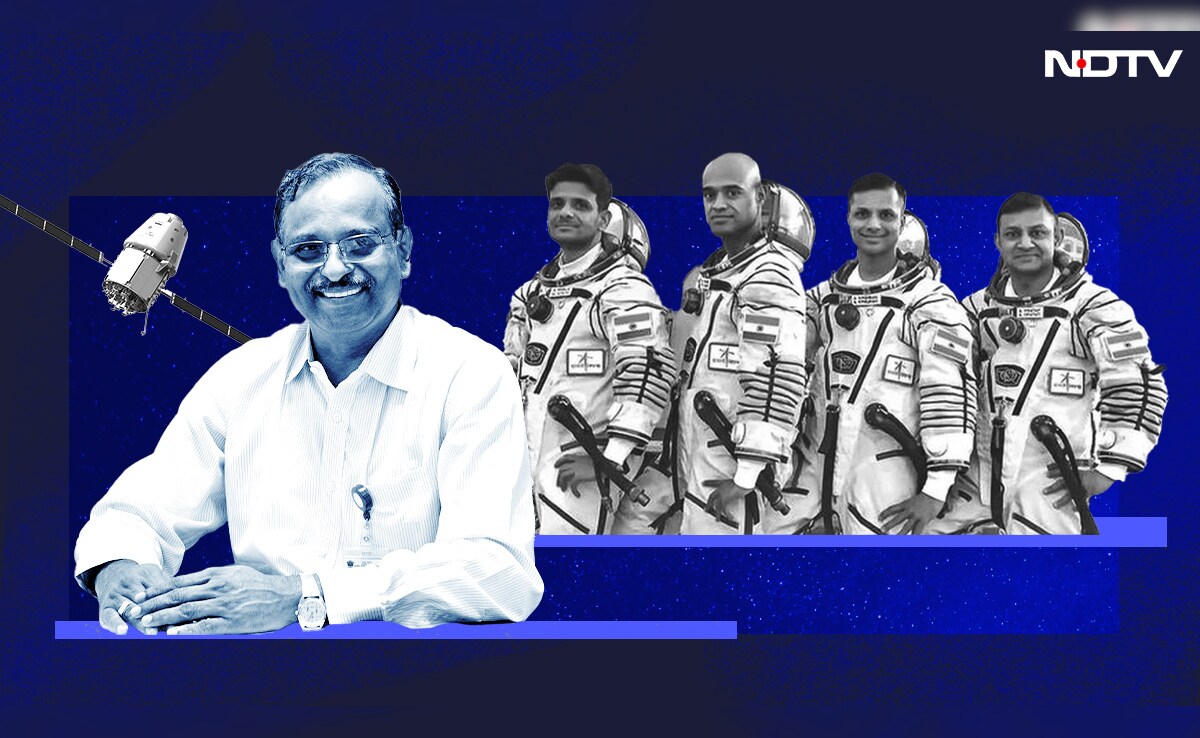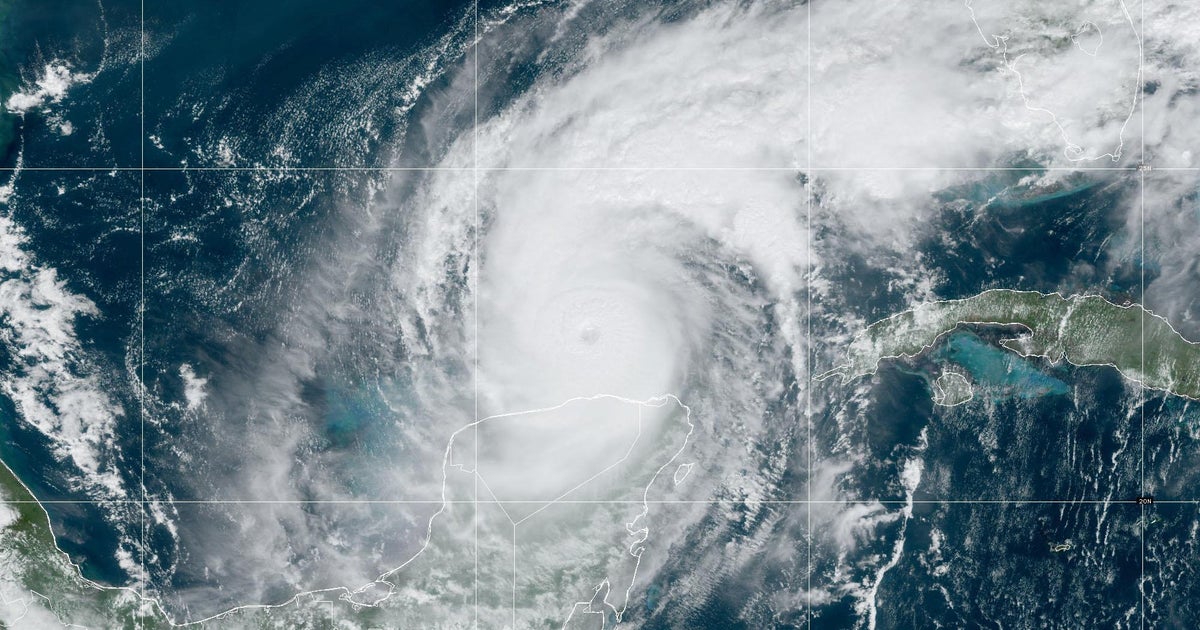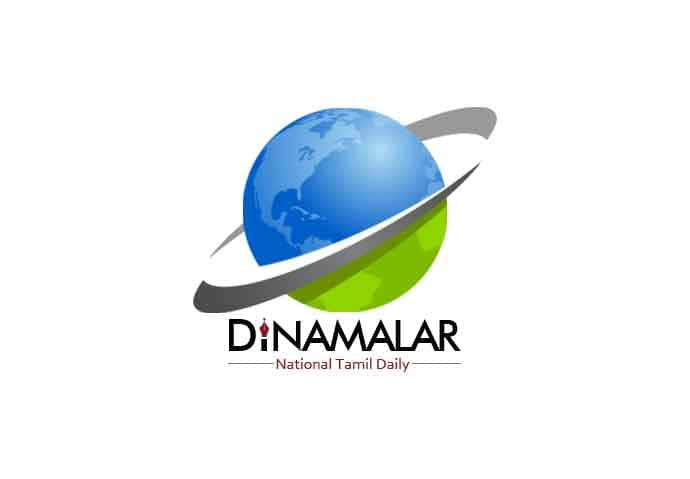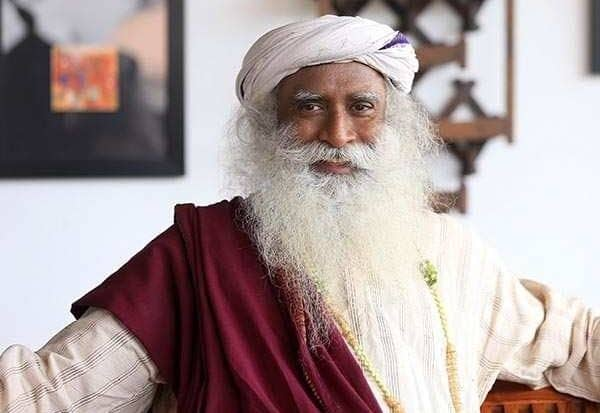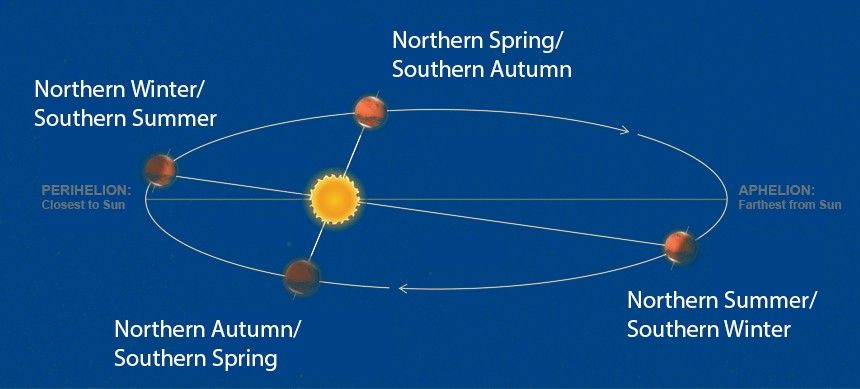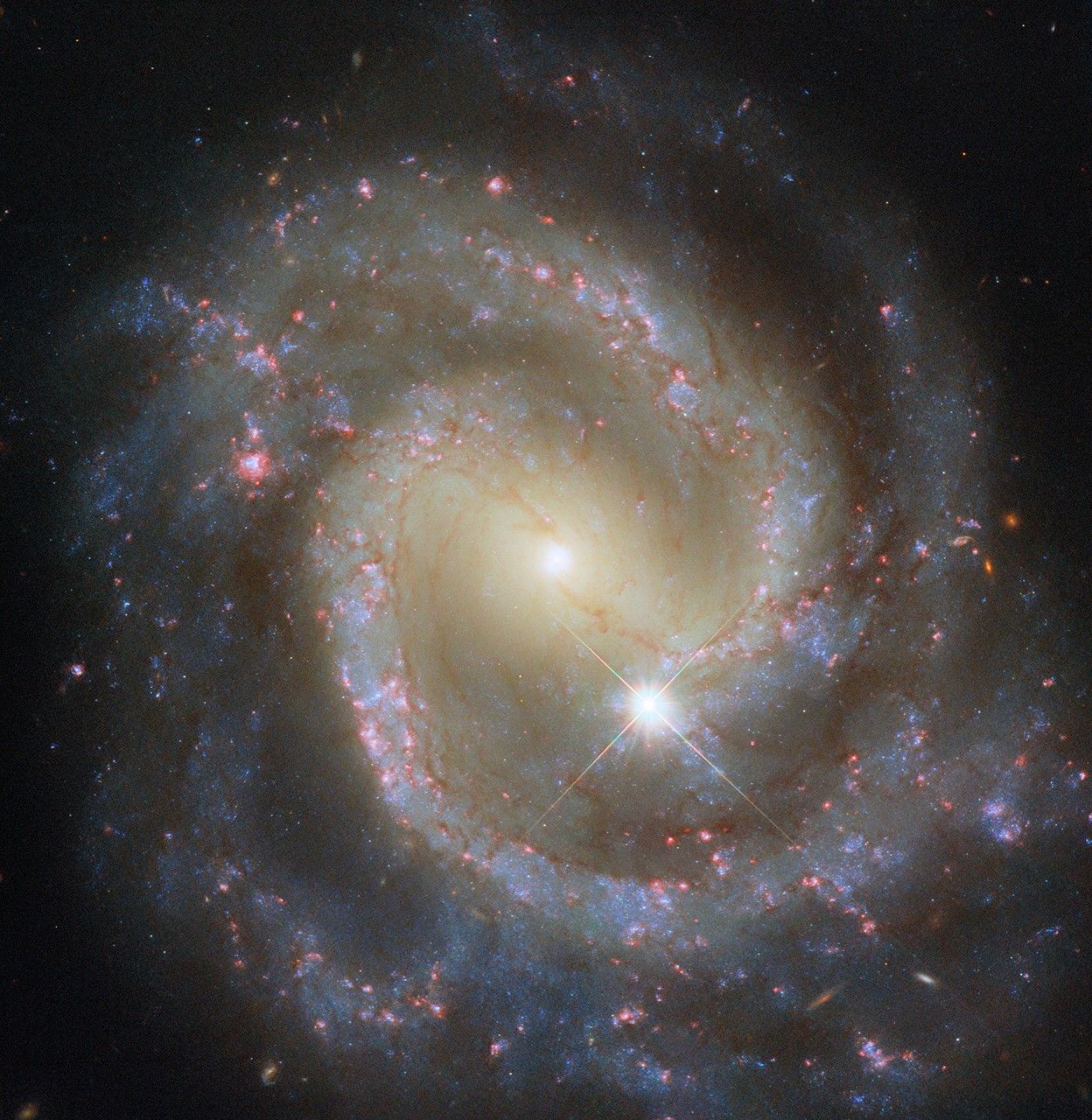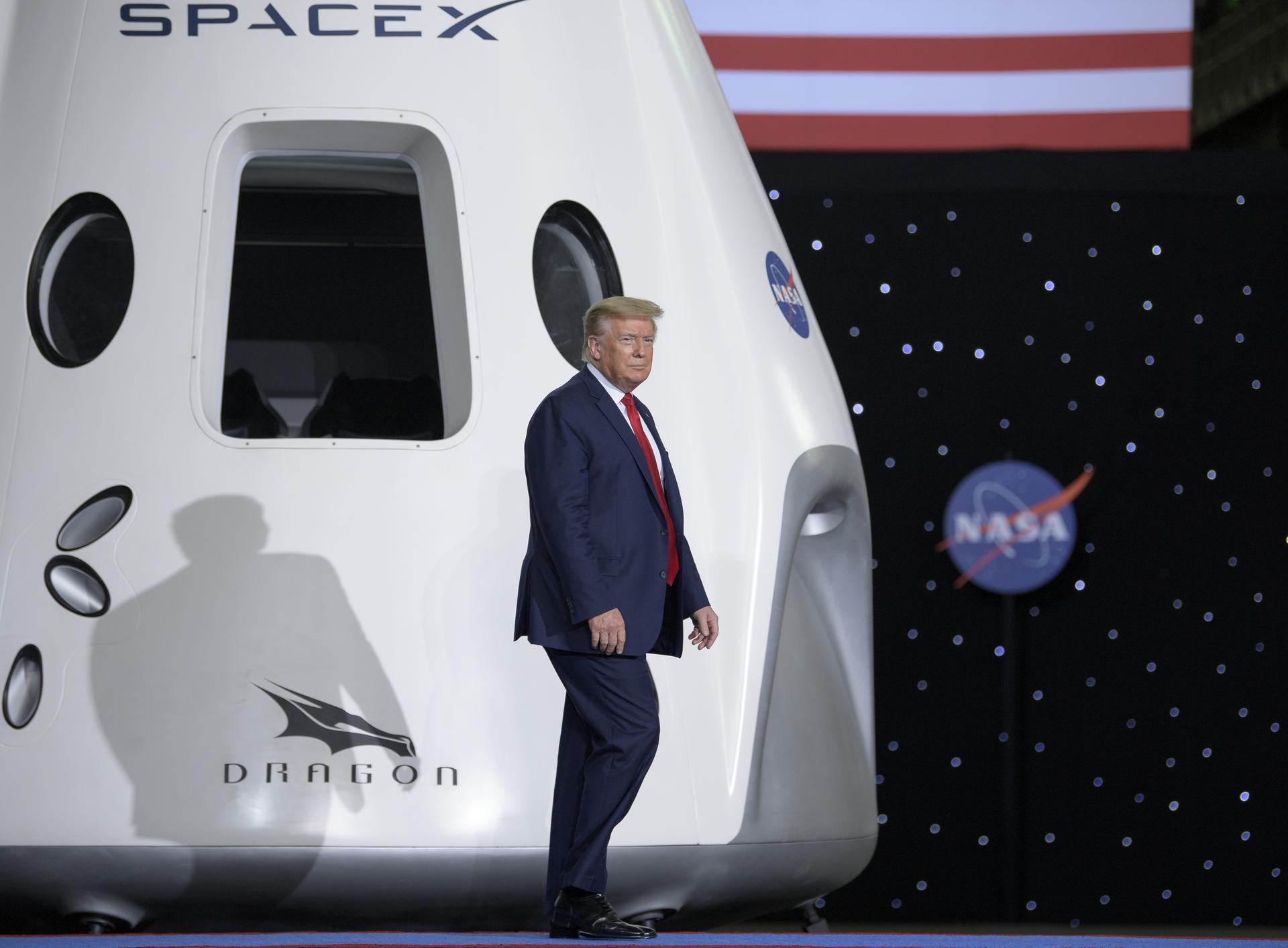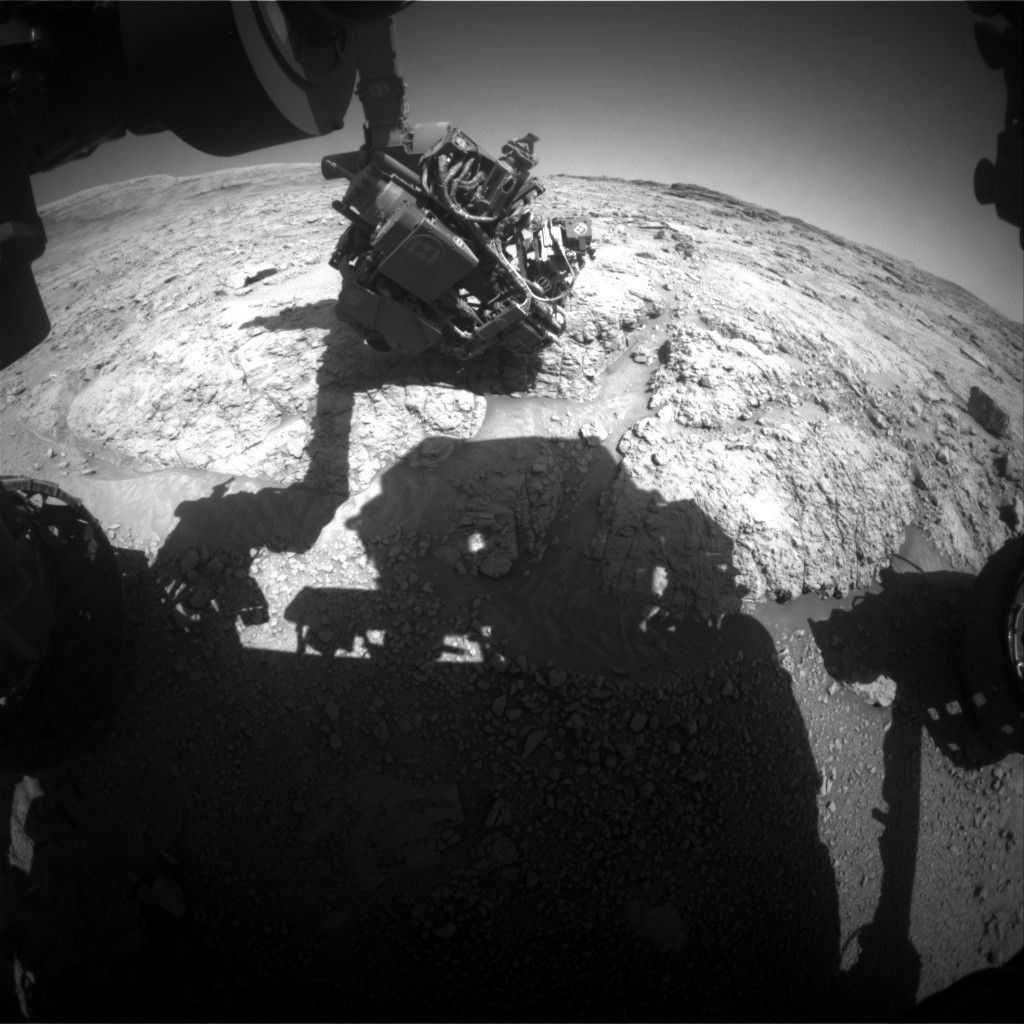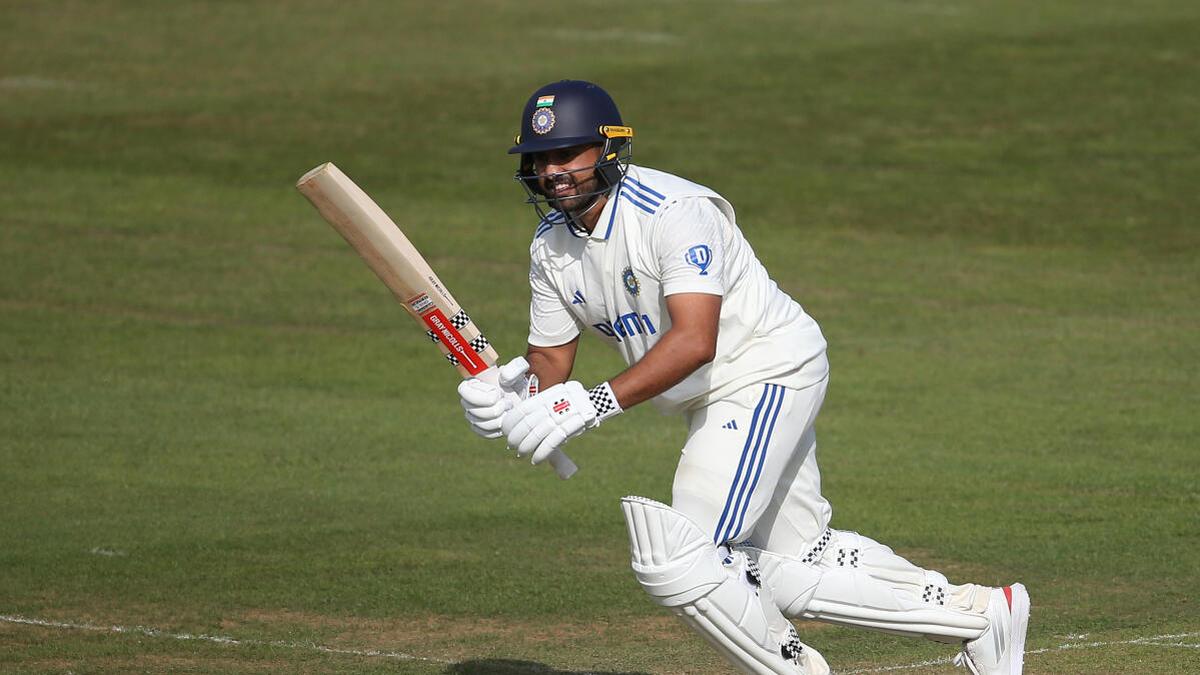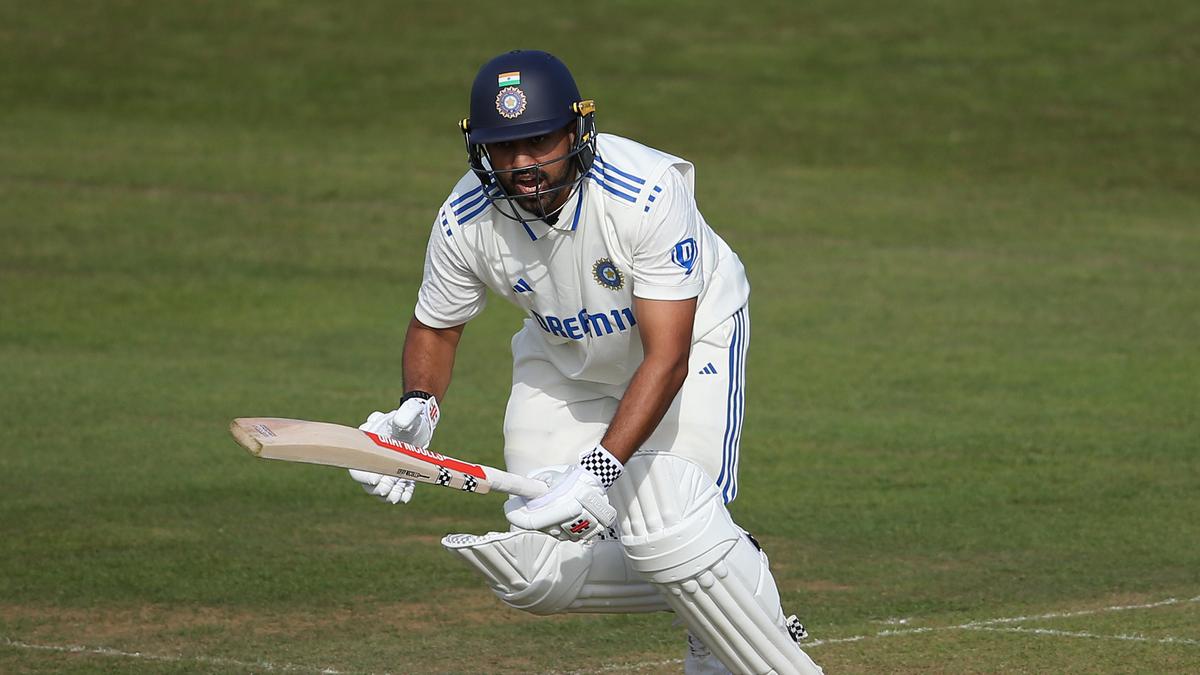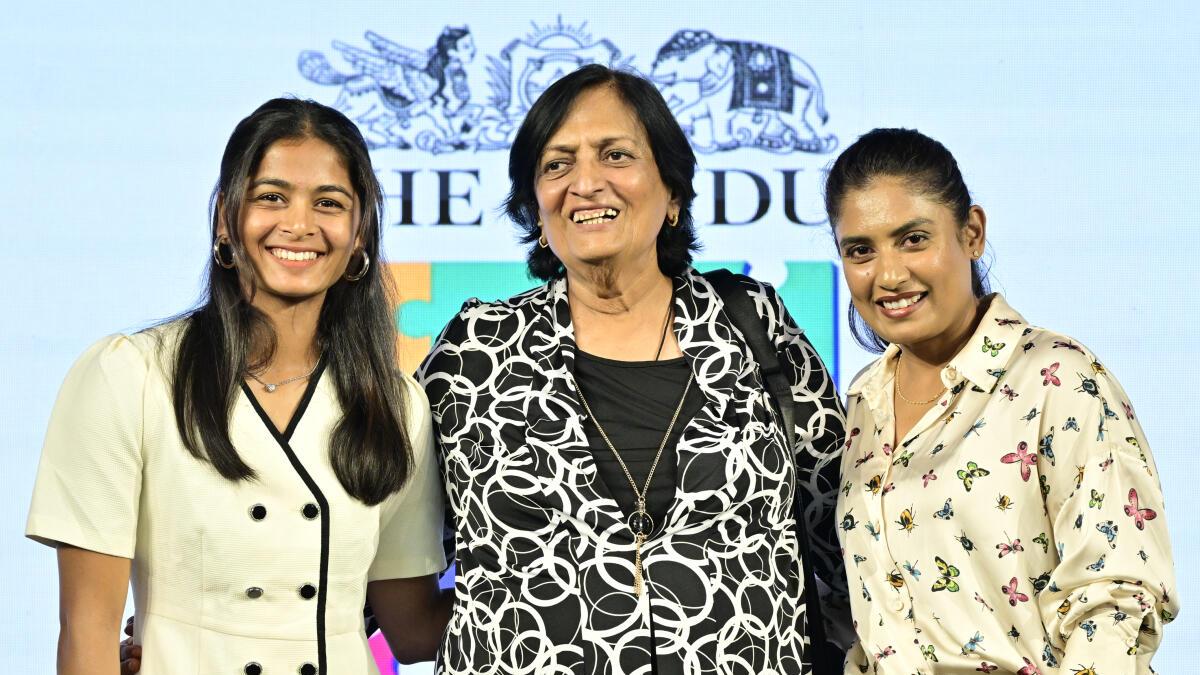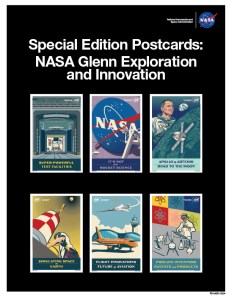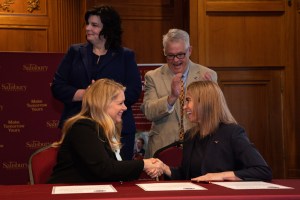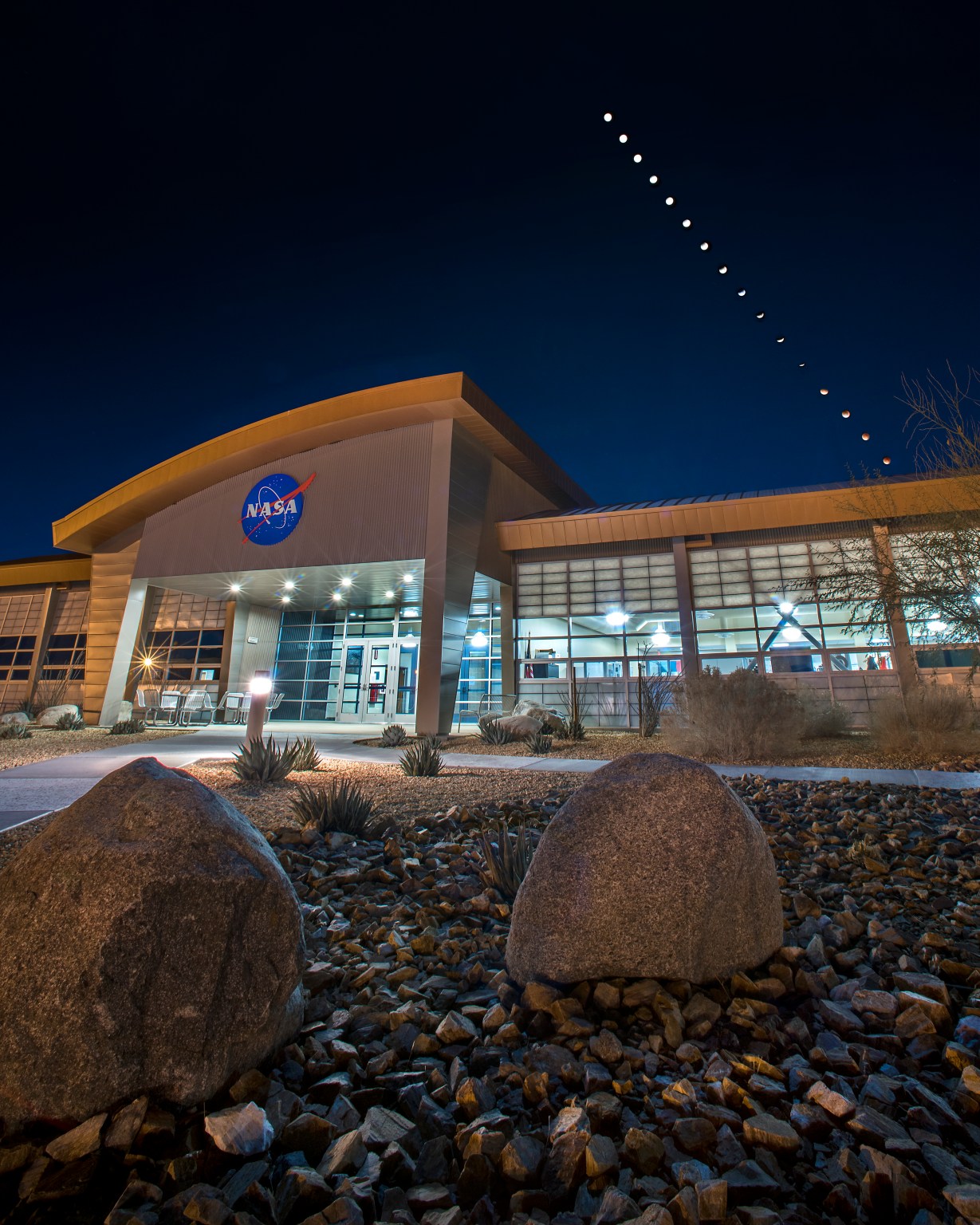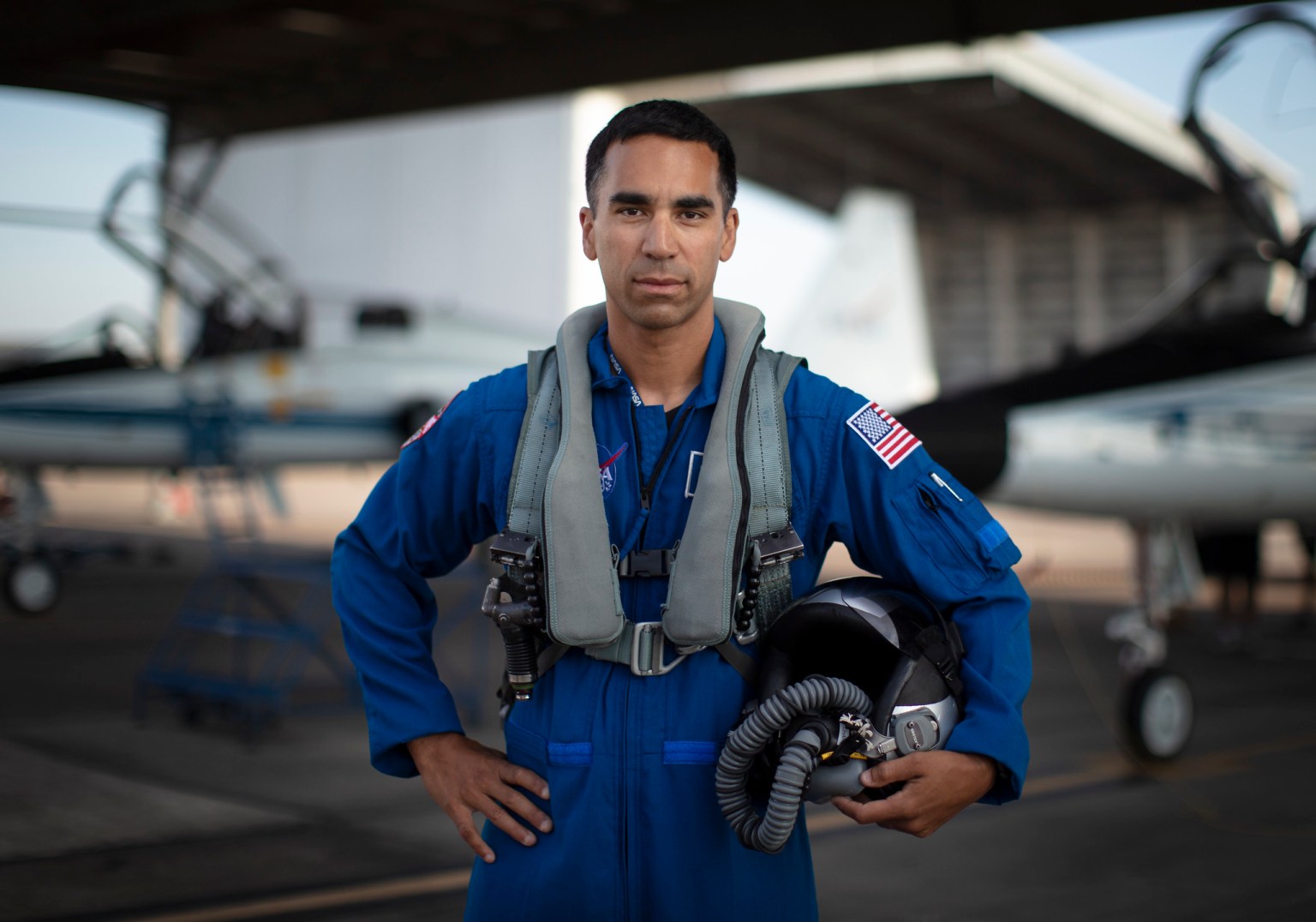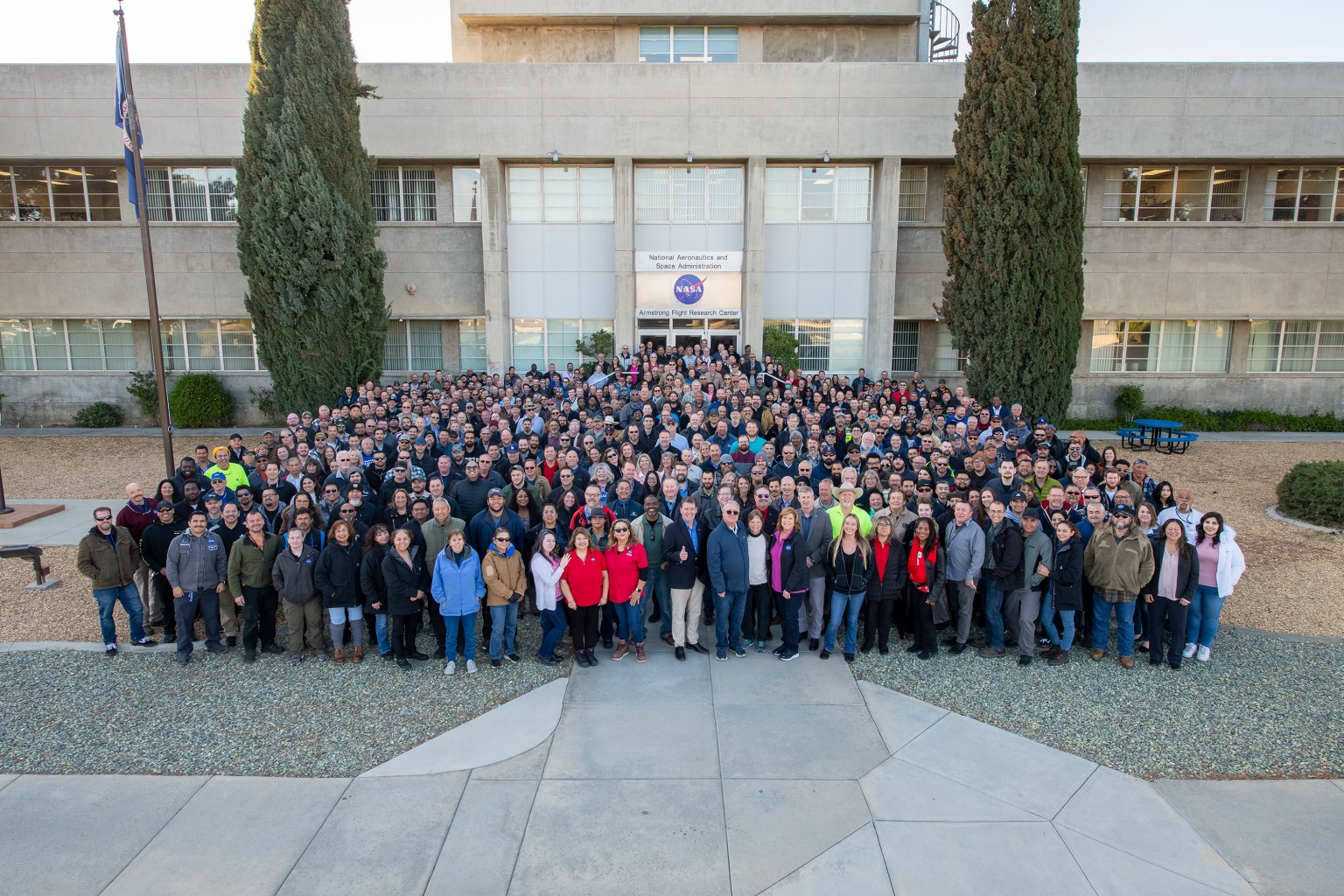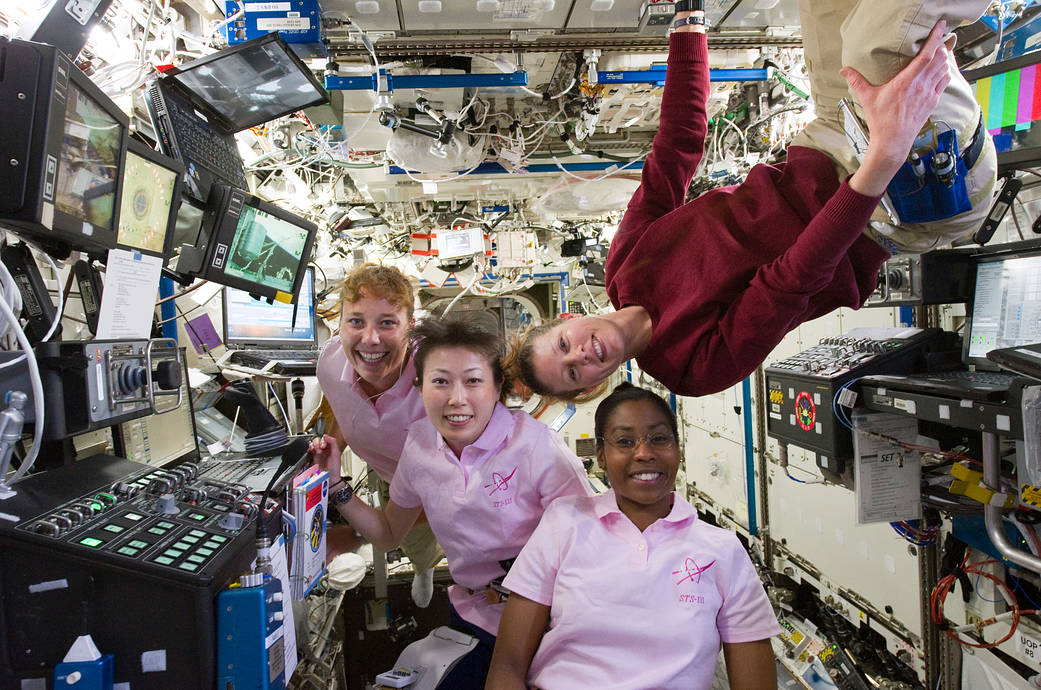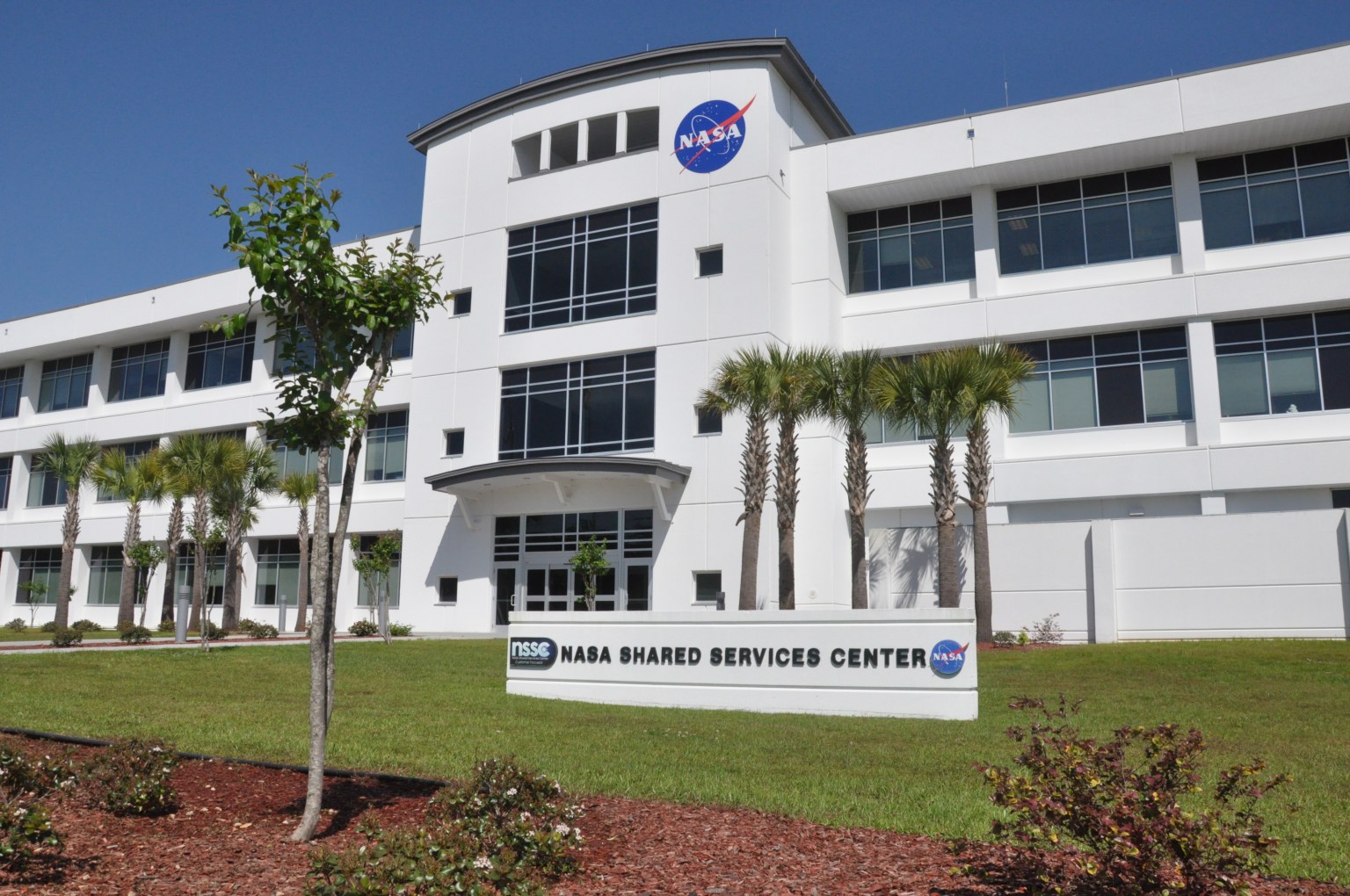Women’s History Month: Meet Kari Alvarado
In honor of Women’s History Month, we recently sat down with Kari Alvarado, lead management analyst and Dryden Aeronautical Test Range (DATR) asset manager at NASA’s Armstrong Flight Research Center in Edwards, California, to learn more about her role and working at NASA. What do you do at NASA and how do you help support […]
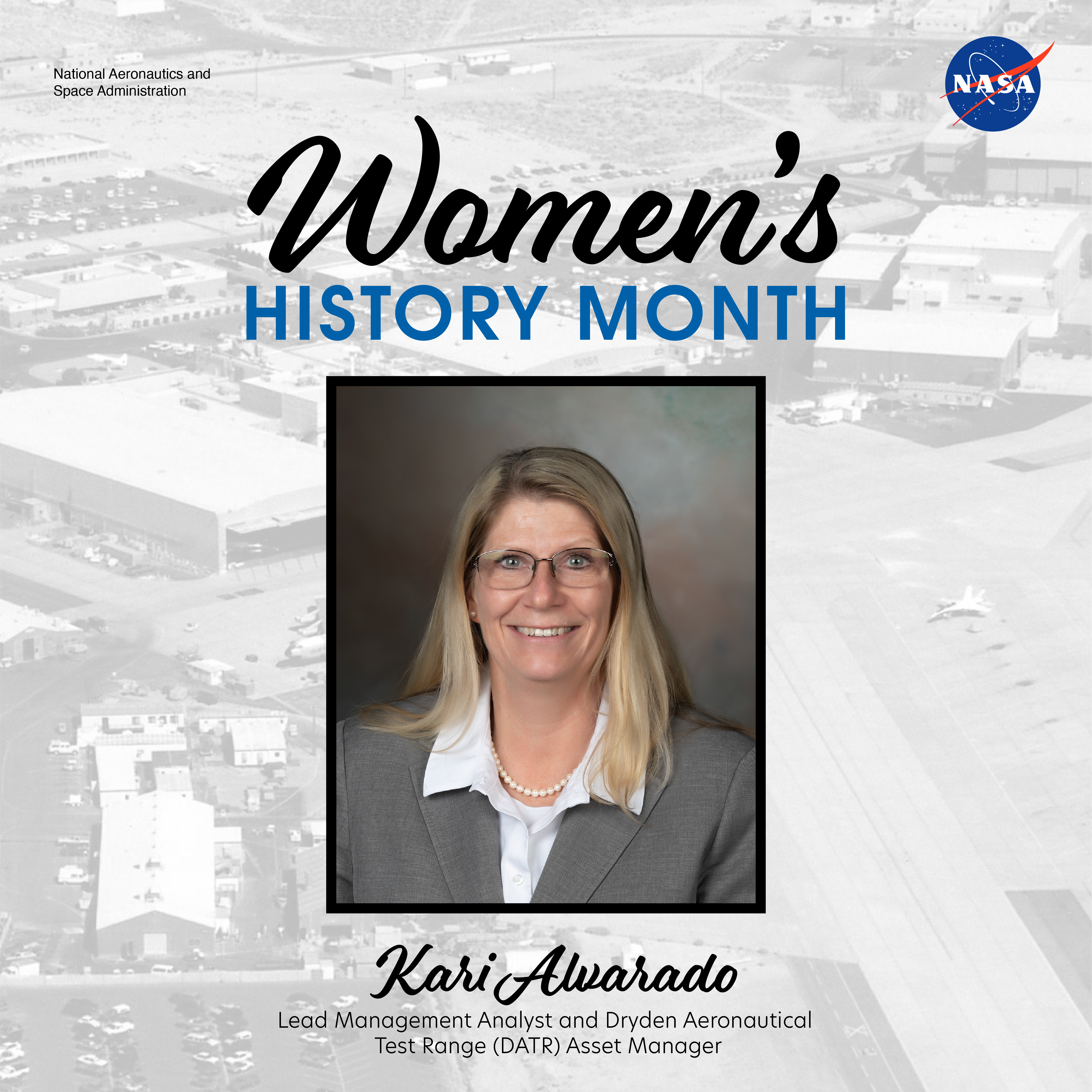
6 min read
Preparations for Next Moonwalk Simulations Underway (and Underwater)
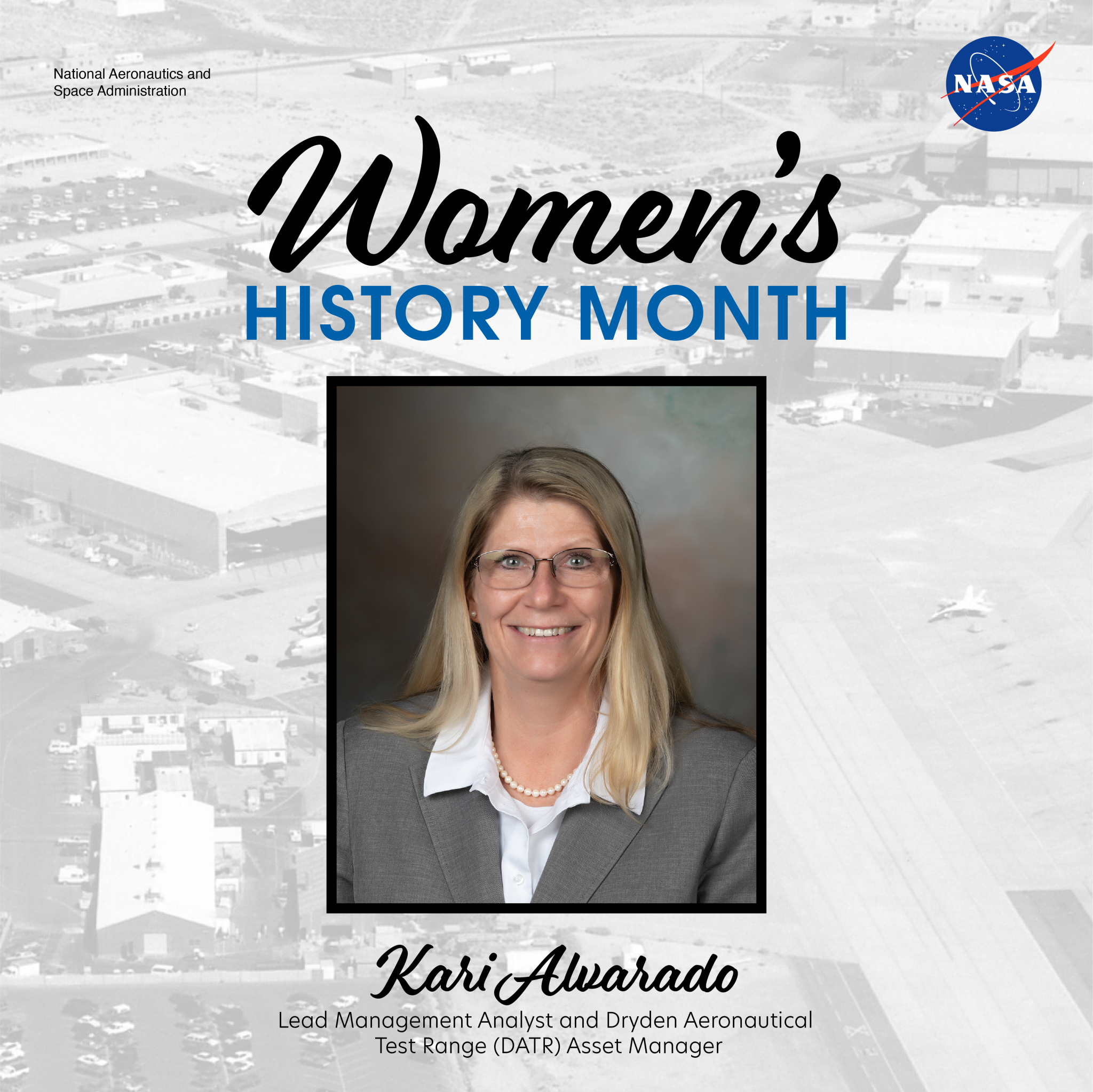
In honor of Women’s History Month, we recently sat down with Kari Alvarado, lead management analyst and Dryden Aeronautical Test Range (DATR) asset manager at NASA’s Armstrong Flight Research Center in Edwards, California, to learn more about her role and working at NASA.
What do you do at NASA and how do you help support Armstrong’s mission?
I have had essentially 3 different careers. I began as an aircraft mechanic. After 11 years, I became a contracts specialist, and 17 years later a management analyst.
What do you do at NASA and how do you help support Armstrong’s mission?
I have had essentially 3 different careers. I began as an aircraft mechanic. After 11 years, I became a contracts specialist, and 17 years later a management analyst.
Over the period I spent in maintenance, I supported multiple projects which advanced aero technology. I supported the F-18 flight platform to research fiber-optic smart actuator performance, a CV-990 to research space shuttle tire performance on different runways, and an F-104 to research air-flow over a fuselage mounted flight-test fixture. Towards the end of this career segment, I was a primary member of the team that transitioned the center aircraft fleet from paper maintenance records to electronic maintenance records.
After 11 years in aircraft maintenance, I cross trained into the Office of Procurement, where I learned the art of federal contracting. At the perfect time, mentors helped me advance to the center’s largest procurement action, obtaining Stratospheric Observatory for Infrared Astronomy (SOFIA) platform project. I helped our center take in and administer the project contractually.
After 17 years in procurement, I cross-trained to serve Armstrong in my current position in the Dryden Aeronautical Test Range (DATR), Mission Operations. I currently serve as a management analyst and range asset manager. I work with a team to manage the resources which enable aeronautical data transfer from aircraft to control centers, and data capture for the disciplined engineers in support of aeronautical research and technology advancement.
Why did you choose to work at NASA and how long have you worked here?
I did not know much about NASA when I applied. I was a young E-4 in the Air Force stationed at Edwards. I was going through a divorce and was about to be a single mother. I needed dependable employment. NASA was one of many places to which I applied and was the first to offer me work that was directly related to my Air Force training. I started at NASA on August 26, 1991. The center was called Ames Research Center, Dryden Flight Research Facility. The position was one of the best things that ever happened in my life, due to all the opportunities to excel at NASA. I am going into my 37th year of federal service; 33 years here at Armstrong.
What has been your proudest accomplishment or highlight of your career?
I feel proud that I have mentored others in their NASA careers. I am most proud of my own education and success as a female in a male-dominated environment of aircraft maintainers, and aeronautics professionals in general. After many years at NASA, I advanced to supervision of Armstrong’s Crew-Chiefs. This accomplishment reached to my core since civil rights was a significant part of my upbringing. It was especially unusual for a female to supervise in a predominantly male career field. As I served the center, the NASA environment allowed me to learn and thrive. The opportunities, up to that point, had included competing for and winning center training funds which helped me obtain a bachelor’s and a master’s degree. My proudest accomplishment in my second career, after obtaining the Deputy Procurement Officer supervision role in contracting, is that my team made significant contributions to the commercialization of sub-orbital space flight and payload integration. NASA’s investment in me allowed me to serve NASA while simultaneously excelling professionally and personally, and to further serve NASA.
What is one piece of advice you’ve never forgotten?
A critical mentor in my career advised me, I will never forget. I had earned my Airframe and Powerplant (A&P) license from the FAA. This had to do with another NASA provided opportunity. NASA had partnered with AV college to provide the access to fast-track A&P training for those who had aircraft experience. A fellow colleague was envious about my accomplishment of becoming licensed. When I expressed concern, my mentor advised me to never compare myself to others (as my colleague was doing). Only compare yourself to you, compare what I am doing to my own potential. My mentor’s advice has served me well.
Do you have any advice for others like yourself who may be contemplating a career at NASA?
Decide what you want and find a way to get there. You can always find a way. For those already at NASA, find opportunities. They are everywhere. Share your energy and wonder. Always ask questions.
What is the most exciting aspect of your job?
On a day-to-day, the camaraderie and teamwork that occur when working towards identified mission milestones. When looking overall at my career, being a part of the advancement of aeronautical history is most exciting.
What did you want to be when you were growing up?
A lawyer, and I got close by going into federal procurement. I got to hang out with the lawyers sometimes.
Did you think you would ever work for NASA?
Never.
What’s the strangest tradition in your family? Or a unique family tradition?
My family has had a strong military presence. Not an intentional tradition, but I come from people of discipline and who serve others. My entire immediate family served in 3 different services: my husband, self, and both sons. Military service extends to both our fathers, grandfathers, nephews, great aunts, and uncles. The services include Army Air Corp, Army, Navy, Marines, Air Force, Air Force National Guard, Army Reserve, and Coast Guard. The commonality we all have is strong work ethic and commitment to service.
If you could master a skill without any work, what would it be?
Play guitar, violin, or the piano. Like anything good though, it takes work and dedication.
What's Your Reaction?








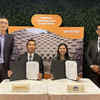




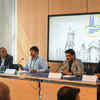


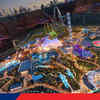


.jpg?#)

